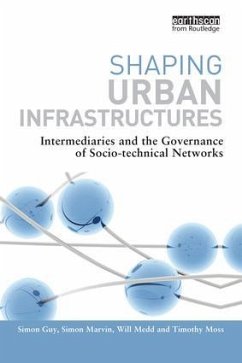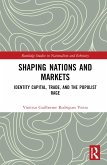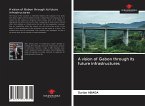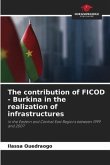Cities can only exist because of the highly developed systems which underlie them, ensuring that energy, clean water, etc. are moved efficiently from producer to user, and that waste is removed. The urgent need to make the way that these services are provided more environmentally, socially and economically sustainable means that these systems are in a state of transition; from centralized to decentralized energy; from passive to smart infrastructure; from toll-free to road pricing. Such transitions are widely studied in the context of the influence of service providers, users, and regulators. Until now, however, relatively little attention has been given to the growing role of intermediaries in these systems. These consist of institutions and organizations acting in-between production and consumption, for example; NGOs who develop green energy labelling schemes in collaboration with producers and regulators to guide the user; consultants who advise businesses on how to save resources; and travel agents who match users with providers. Such intermediaries are in a position to shape the direction that technological transitions take, and ultimately the sustainability of urban networks. This book presents the first authoritative collection of research and analysis of the intermediaries that underpin the transitions that are taking place within urban infrastructures, showing how intermediaries emerge, the role that they play in key sectors - including energy, water, waste and building - and what impact they have on the governance of urban socio-technical networks.
Hinweis: Dieser Artikel kann nur an eine deutsche Lieferadresse ausgeliefert werden.
Hinweis: Dieser Artikel kann nur an eine deutsche Lieferadresse ausgeliefert werden.








